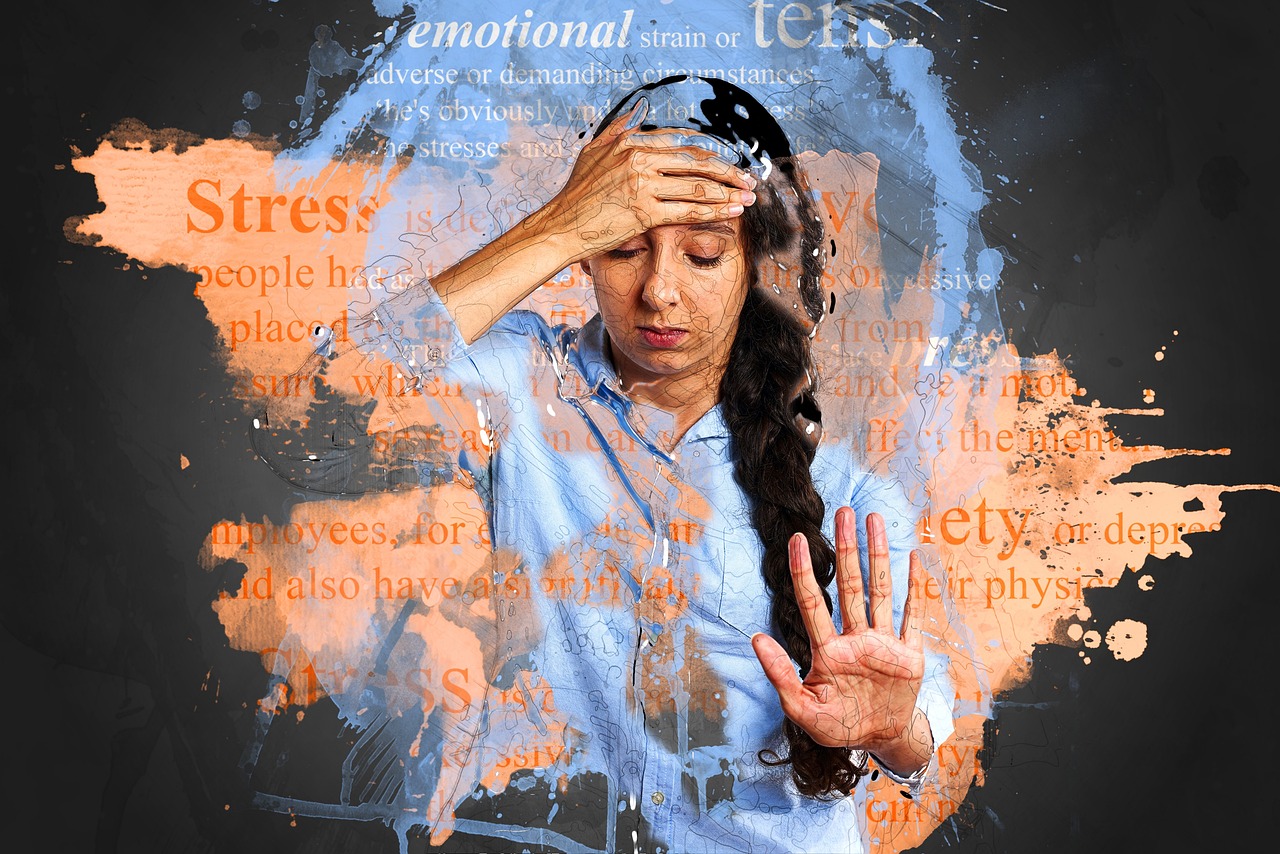Stress is a part of life, but it comes in different forms. By understanding the three primary types of stress—physical, emotional, and chemical—you can better manage them and maintain a healthier lifestyle. Let’s break down each type of stress and explore how they impact your body and mind.
1. Physical Stress: The Toll on Your Body
What is Physical Stress?
Physical stress happens when the body is subjected to physical strain, injury, or fatigue. This can come from various sources such as intense exercise, injury, poor posture, or even lack of sleep. Whether you’re lifting heavy objects or dealing with chronic pain, your body reacts to physical challenges by triggering the stress response.
How Does Physical Stress Affect You?
Physical stress can lead to fatigue, muscle tension, headaches, or a weakened immune system. In extreme cases, it can cause long-term problems like chronic pain or heart issues. For example, athletes may feel physical stress after a hard workout, while someone with poor posture might develop back pain over time.
How to Manage Physical Stress
Managing physical stress involves proper self-care:
• Exercise moderately to strengthen your body without overstraining it.
• Get enough rest to allow your body to recover.
• Maintain proper posture to avoid stress on your muscles and joints.
2. Emotional Stress: The Weight on Your Mind
What is Emotional Stress?
Emotional stress arises from life’s challenges, personal relationships, work pressure, or traumatic events. It’s often triggered by emotions such as fear, anxiety, anger, or sadness. For instance, tight deadlines at work or a breakup can cause significant emotional strain.
How Does Emotional Stress Affect You?
Emotional stress affects both your mental and physical health. It can lead to anxiety, mood swings, and even depression. You might also notice physical symptoms like headaches, digestive issues, or trouble sleeping. This type of stress can feel overwhelming when it’s prolonged.
How to Manage Emotional Stress
To handle emotional stress, it’s crucial to practice self-care and mindfulness:
• Meditation and deep breathing exercises can help calm your mind.
• Therapy or talking to a trusted friend can help you process emotions.
• Journaling your thoughts can provide clarity and reduce stress.
3. Chemical Stress: Hidden Stressors in Your Environment
What is Chemical Stress?
Chemical stress occurs when your body is exposed to harmful substances, such as toxins, pollutants, or unhealthy foods. This type of stress is often unseen, but it can have a significant impact on your health. Chemicals from poor diets, pollution, or even substance abuse can take a toll on your body’s systems.
How Does Chemical Stress Affect You?
Chemical stress weakens the immune system, affects digestion, and can contribute to skin issues and fatigue. Long-term exposure to chemical stress can even lead to serious health problems such as hormonal imbalances or chronic illnesses.
How to Manage Chemical Stress
To reduce chemical stress:
• Eat a nutrient-rich diet full of whole foods and avoid processed or toxic substances.
• Hydrate properly to help your body detoxify.
• Limit exposure to environmental toxins, such as pollutants or harmful chemicals in everyday products.
Wrapping It Up: A Holistic Approach to Stress Management
While each type of stress—physical, emotional, and chemical—affects you differently, they are often interconnected. For example, emotional stress can lead to physical symptoms like headaches, while chemical stress from poor diet can make emotional stress worse. To effectively manage stress, it’s important to take a holistic approach by focusing on all three types.
By understanding the sources and effects of stress, you can take proactive steps to improve your health and well-being. Managing stress is not about eliminating it entirely, but rather learning how to control its impact on your life.
Let’s start today by identifying the stressors in your life and taking small steps toward a healthier balance.



